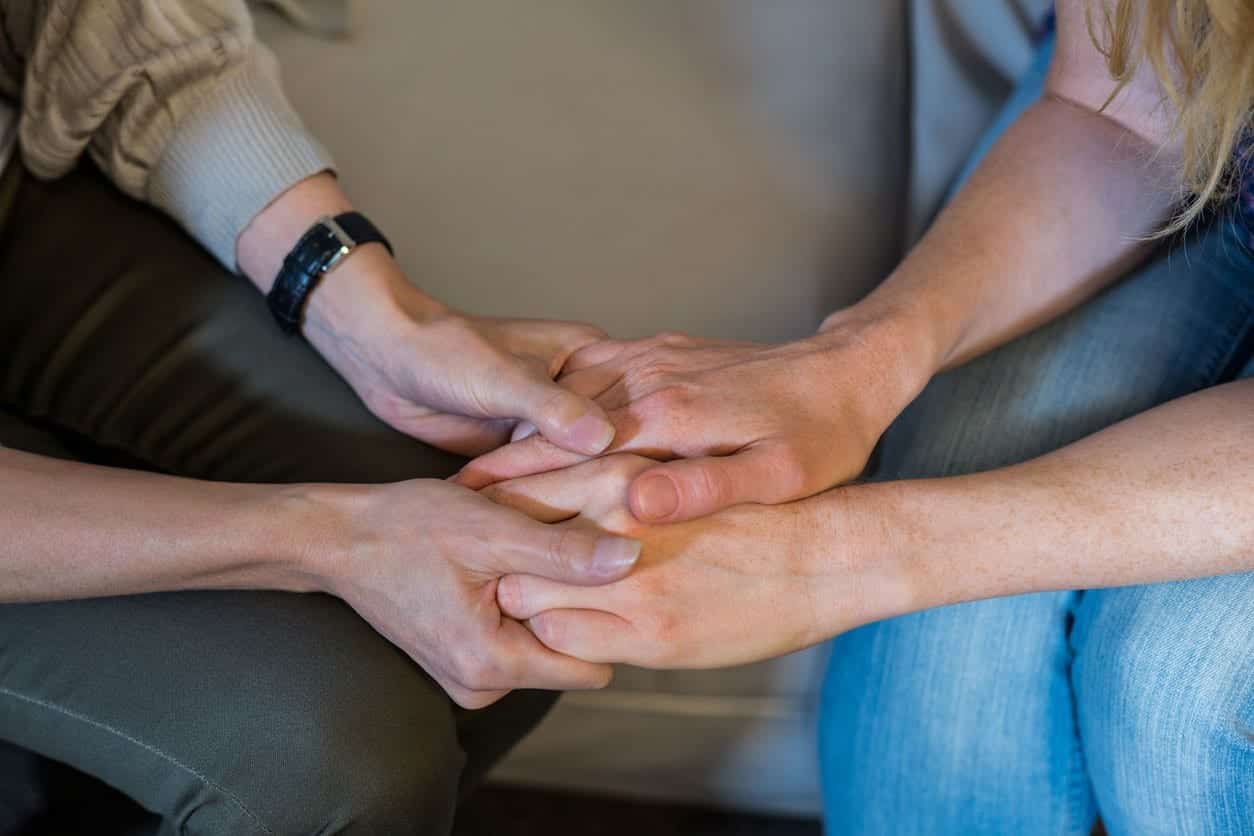- Home
- THE FIRM+
- Criminal Defense+
- CASE RESULTS
- AREAS WE SERVE+
- FAQ’s
- Blog
- Contact
AZHARI LLC BLOG

Posted By: Sami Azhari
Category:
Nonprofit organizations that focus on curbing the domestic violence epidemic and helping survivors do incredibly important work. Some domestic violence organizations help people take legal action against their abusers, while others focus on educating survivors and giving them the tools they need to find jobs and support themselves.
If you are one of the many people who volunteer for an organization like this, thank you for everything you do. Working for a nonprofit is never easy, but having to watch people struggle to recover from the ravages of domestic violence can be especially painful. We are lucky to live in a city with lots of good, giving people who want to support organizations that help victims of abuse and violence.
Ironically, according to many domestic violence nonprofits, that’s part of the problem. Let me explain. While these programs are hearing from more people interested in volunteering than ever before, they often have to tell people no. Why? Because they don’t have the resources to properly use those volunteers.
Volunteer Rates Rise, Resources Plummet
The Chicago Volunteer Expo on February 26 was expected to have 3,000 volunteers, 100 nonprofit exhibitors, and 10 social justice organizations. These numbers have doubled from the previous year.
It’s a statistic that sounds fantastic, but unfortunately legal aid organizations and groups that help to educate women who are learning to be independent need volunteers who can do more than merely participate in phone banks or do simpler tasks.
That means those volunteers need to be trained. In fact, many organizations have begun to set up mandatory training sessions or longer processes in order to weed out volunteers who are not committed to sticking with an organization in the long term. In some cases, these processes or training courses can take around 40 hours.
Handling that kind of training requires time. It requires experienced staff members. It requires resources.
Sadly, right now most organizations have trouble even finding the funding to do work that doesn’t require volunteers. Domestic violence organizations have never been rolling in cash, but this year, they are struggling more than ever to find funding.
In February, many organizations were shocked to hear that they had been left out of the state’s six-month budget that started July 1. The funding cuts, which add up to around $9 million, were not explained to the 62 domestic violence programs they affected until February.
Many of these programs were under a contract to receive funding from the state, and now are asking for the money they were promised for the year. Dove Inc. claims that the state owes them $203,000 and they are filing a lawsuit to get those payments. Moreover, they and other organizations like them want lawmakers who were responsible for the budget cuts must be held accountable for their actions.
What Can You Do?
If you are interested in helping these organizations, volunteering your time is a great gesture, but may not be what these groups need to succeed in the long run.
Talk to organizations that are doing positive work around your area and ask what they need. Many organizations run on donations, or have Amazon Wish Lists set up so that people who want to help can buy supplies that the organizations need to function.
Others, which have previously relied on money from the state government, need people to make calls to lawmakers who can potentially reinstate their funding so that they can get back to work.
Depleted Resources Does Not Mean Domestic Violence Is a Low Priority
Domestic violence is a huge problem throughout our state and country, accounting for 15% of all violent crimes. To put that in perspective, 20 people – men and women alike – are the victims of domestic violence every single minute in America.
The fact that lawmakers have taken away funding for domestic violence organizations has made many claim that our government is ignoring the problem. It’s hard to argue with this, especially when lawmakers have yet to provide the public with reasons for the lack of funding.
Don’t for a second think that the criminal justice system has forgotten about domestic violence, though. Illinois lawmakers may have dropped the ball on fighting domestic violence through funding initiatives, but police officers and prosecutors are still doing their jobs. Cops can still throw alleged offenders in jail, and prosecutors will still work to get people convicted.
This is important to remember if you are facing charges because Illinois is particularly harsh on domestic violence offenders. Penalties for domestic violence convictions include years in jail, fines, and restraining orders from the victim. Domestic violence convictions can also prevent abusers from getting jobs or qualifying for housing, and they make you lose your second amendment rights.
If you have been charged with domestic violence, it is in your best interest to talk to a Chicago defense lawyer immediately.
Defend Your Rights with Our Expert Domestic Violence Defense Attorneys
Domestic violence organizations are crucial in providing support and resources to survivors, but they often struggle with limited funding and resources. If you are facing domestic violence charges, it’s essential to understand the severity and consequences of these allegations. At Azhari LLC, our experienced defense attorneys are dedicated to protecting your rights and ensuring the best possible outcome for your case. Contact us today for a consultation and take the first step towards safeguarding your freedom and future.
About the Author
Sami Azhari has been working as a lawyer since 2007, after receiving his Juris Doctor from the Michigan State University College of Law. He has handled numerous state and federal cases, and is known throughout the Chicago and Rolling Meadows area for providing his clients with high-quality, skilled representation. He has been recognized by SuperLawyers, the National Trial Lawyers Association, and other notable organizations, and has spoken at a number of legal conferences.



























































